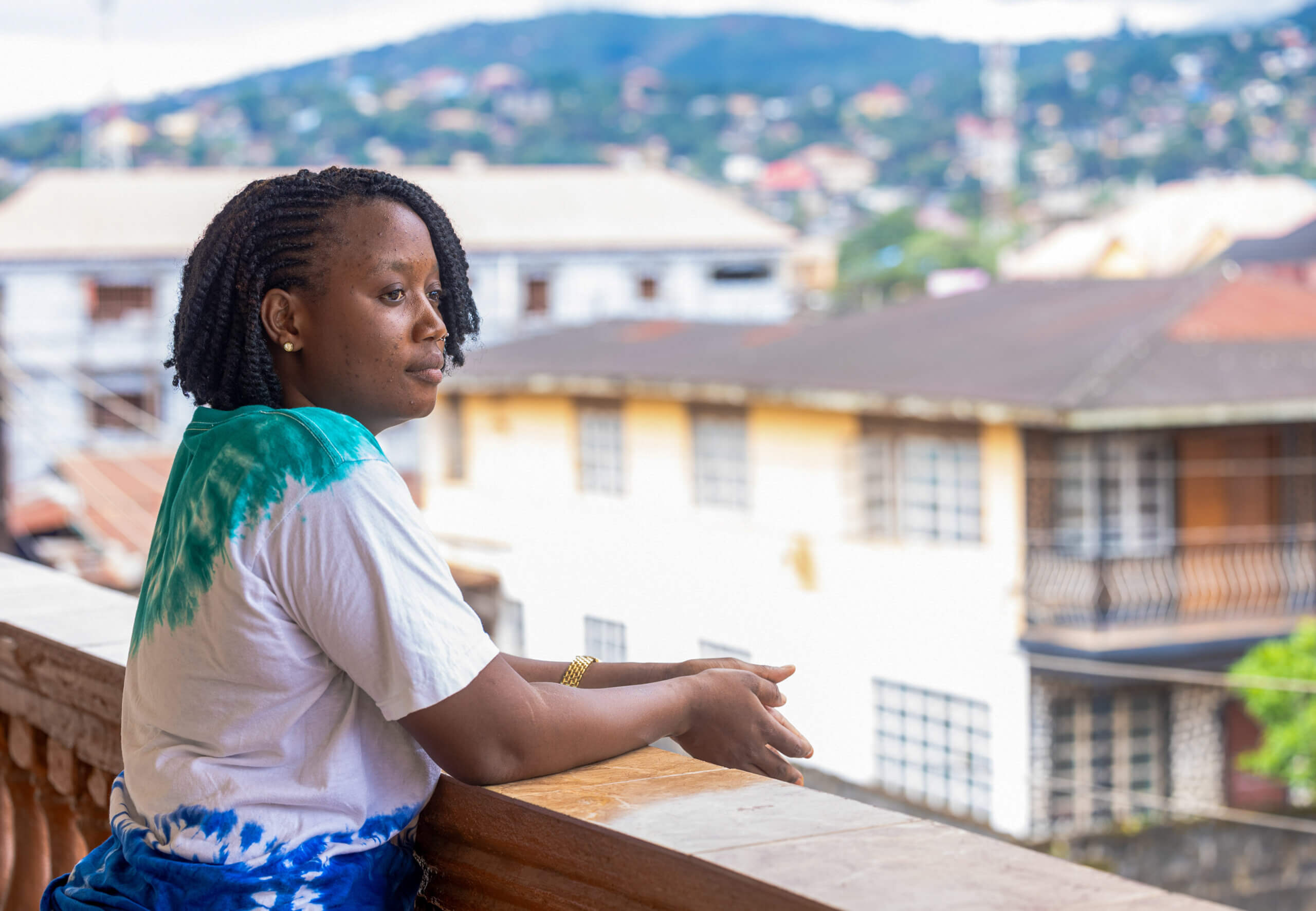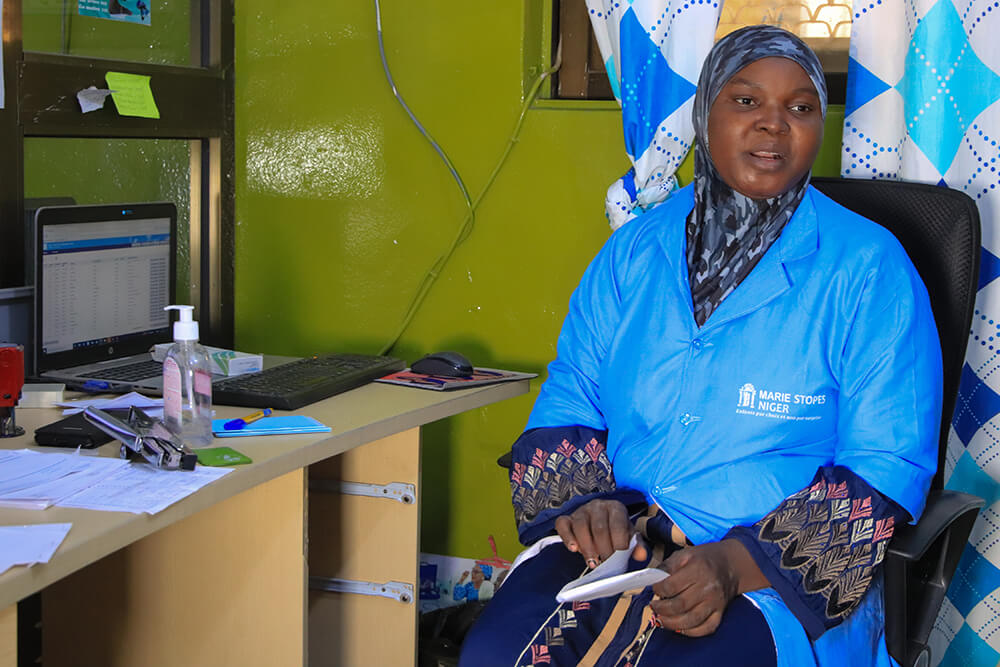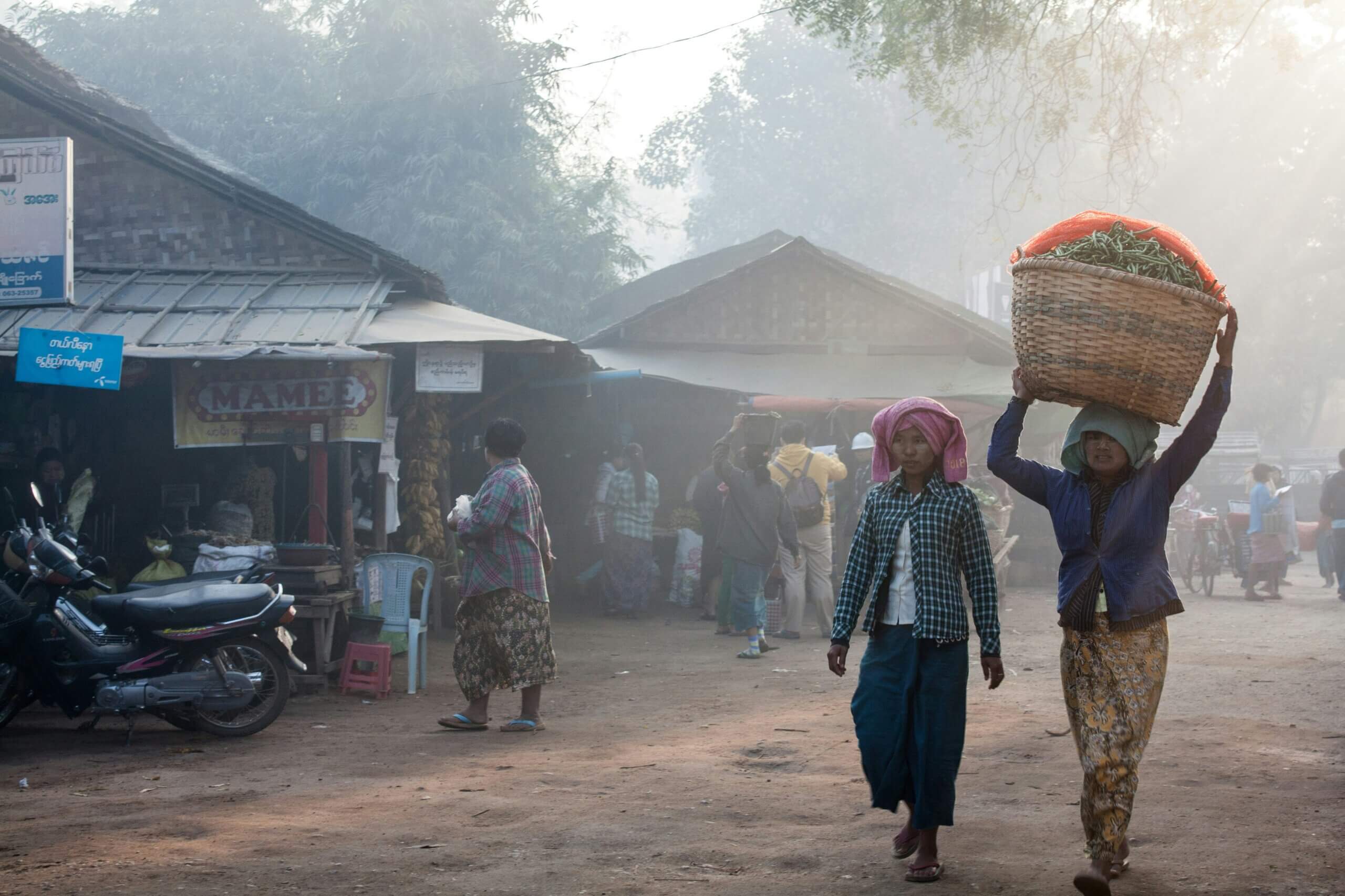Delivering choice to rural Oaxaca
The sun hasn’t yet risen when Yadira hits the road. Loaded with condoms, contraceptive pills, and other supplies, she catches a taxi—really more of a tuk-tuk, small and cramped—and starts her journey.
Yadira is one of two MSI team members who run the midwife program in Oaxaca, Mexico. Her network of more than 175 doctors, midwives, and other volunteers provide reproductive healthcare services to women throughout this massive state. Yadira is responsible for a vast area and travels nearly every day to visit members of the network, distributing information and supplies. Because MSI’s program in Oaxaca doesn’t have a car, she makes these journeys however she can, usually by taxi or bus. A two-hour taxi ride costs about $6 each way.
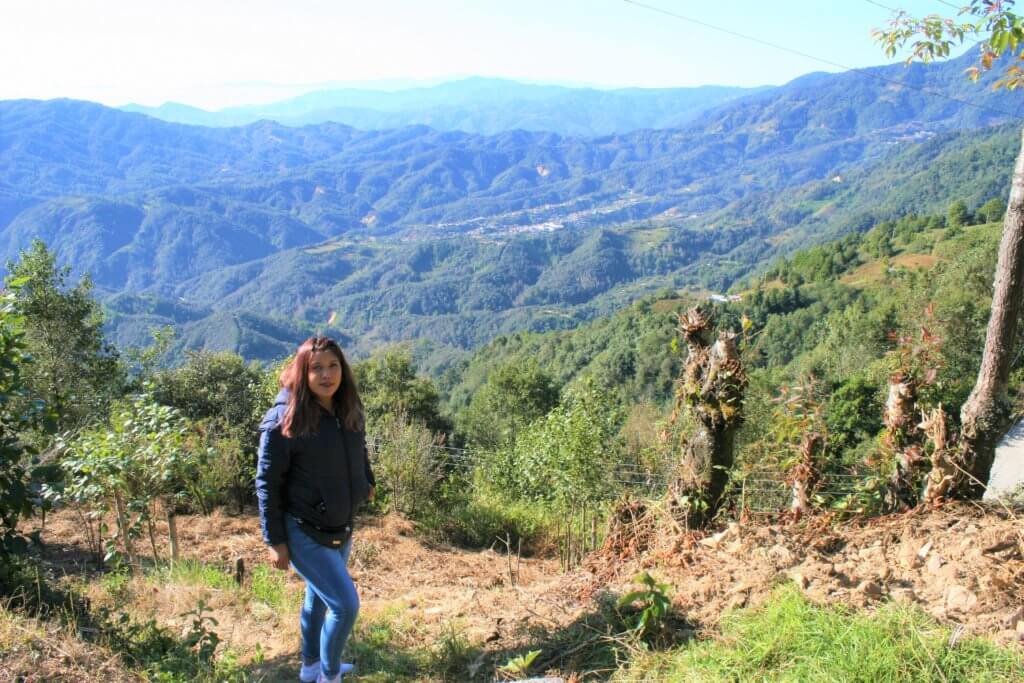
As the sun is coming up over the mountains, Yadira’s taxi turns off the highway and onto a steep dirt road. For another hour, they inch uphill, swerving to avoid potholes, until they reach Ayutla. This is the biggest town in the region, where people from all the surrounding villages come for groceries and other necessities. It’s also her hometown, and she tries to work in a visit with her parents when she passes through. Today, though, her destination is further ahead, so she continues up the narrow mountain road, which grows more perilous the further she gets from town.

Cell phone service disappears. Fallen debris blocks the road—everything from wide sprays of rock to huge boulders. In the rainy season, the roads can become impassable, and even on this sunny day the journey is rough. The taxi inches along between potholes, sometimes barely seeming to move at all. It can take six hours to finally reach the village of San Juan Bosco Chuxnaban, where Auxilia Alvarez, a local midwife, is waiting.
Auxilia greets Yadira warmly. A bright blue banner outside her small, tidy pharmacy advertises reproductive healthcare services supported by MSI Mexico. They met when Yadira came to town, asking to meet the village’s traditional midwife. Yadira visited her at her home and told her how MSI could help her expand the services she offered. While her day-to-day work is still largely delivering babies—a trade she learned from her father as a young woman—she now sees steady demand for contraception and other services like pregnancy tests to women in the village and surrounding villages as well. Auxilia has even hosted information sessions, explaining the contraceptive methods she offers.
For the women in this village, contraception has been life changing. One woman, raising three children alone, told Auxilia: “Now, I’m going to be able to take care of myself. If I had done that before, things wouldn’t be as difficult as they are now.” She started using contraception and has been able to find work and provide for her children.
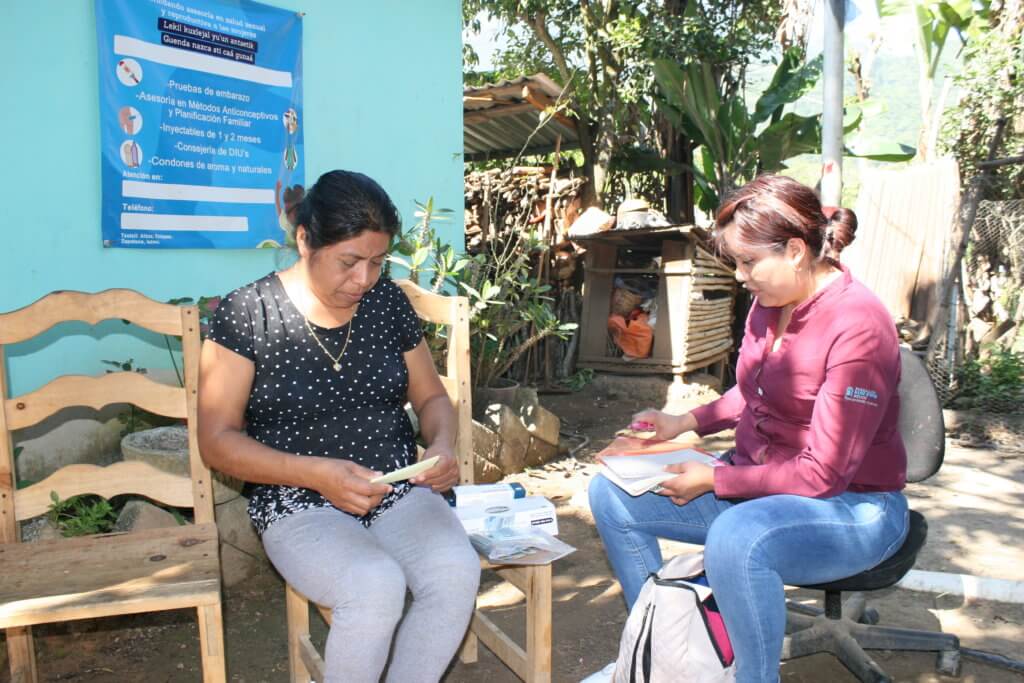
There’s no hailing a cab here, so after dropping off supplies Yadira spends the night in Auxilia’s house. Tomorrow, she’ll wake up before dawn again: There’s a daily bus back to Oaxaca city, but it leaves at 4:00am.
Back in the city, Yadira’s work isn’t done. She has more deliveries to make. A member of a feminist network that supports women seeking reproductive health services has reached out to ask for more supplies. They arrange to meet that evening. Afterwards, Yadira heads to the local bus station. Buses run out to the surrounding communities throughout the night, and she knows a bus driver who will make a delivery for her.
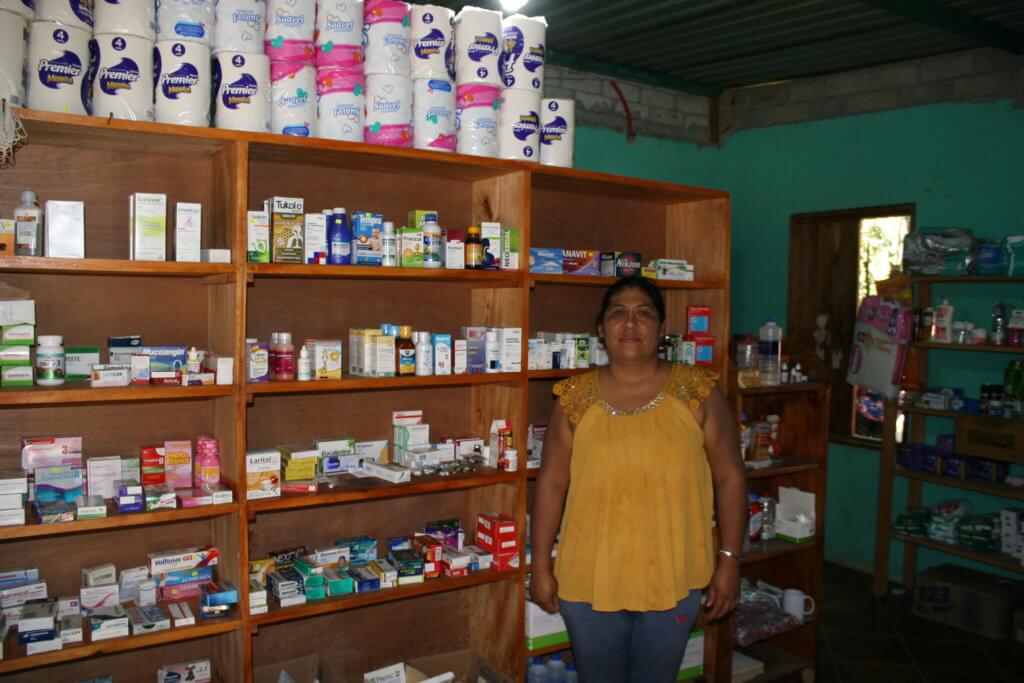
Members of the network keep in touch with Yadira through WhatsApp, where they can ask her questions and tell her when they need more supplies. Sometimes, women even reach out directly: She’s become a trusted source of information and referrals for young women in the region, who will pass her name on to friends seeking reproductive health services.
Because the communities she serves are so far-flung, Yadira visits members every six to eight weeks. But there are many more villages where women have no access to contraception or safe abortion services, so Yadira also works to expand her network.
Sometimes, she’s referred to a midwife or doctor by someone already in the network. But often she simply goes door to door. A town might have three or four doctors; of those, some might be convinced to provide reproductive health services. The doctors and midwives are welcoming, but when she encounters anti-choice advocates, she moves on. While Yadira has never felt threatened in the course of her work, she knows that what she’s doing isn’t always popular, and as a young woman, traveling alone far from home, she’s careful to avoid confrontations.
At the end of each day, Yadira has spent hours on the road—but because of her travels, dozens of women will have access to reproductive healthcare from their local doctors and midwives. At home in the city of Oaxaca, she stocks up for the next day’s journey. She’ll be on the road before dawn again, hoping to stretch the network further so even more women have a choice and can control their own futures.



